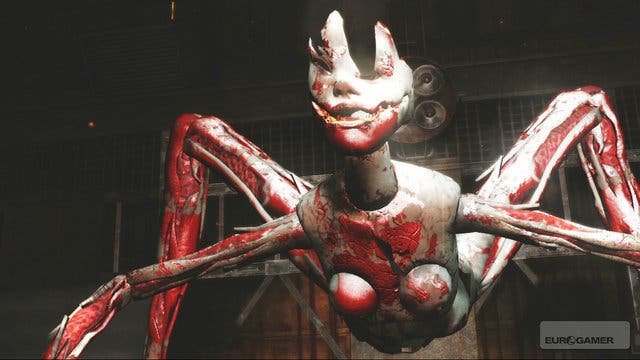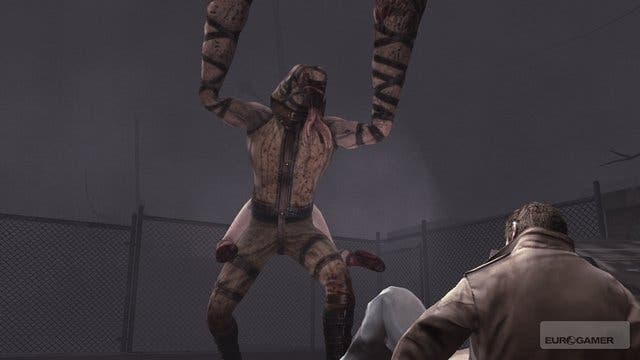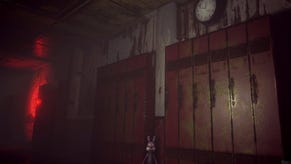Silent Hill Homecoming
Shepherd's delight?
After the enduring majesty of the first three Silent Hill games, it's now more than five years since Konami's survival-horror lynchpin stood shoulder to shoulder with the most vital, relevant brands in gaming. With the slight disappointment of The Room, followed by the curious and controversial decision to farm out the development of the underwhelmingOrigins to UK studio Climax, expectations for Homecoming have been dampened for some time. Again farmed out, this time to the US-based Double Helix, fans were expecting another frustrating compromise. And so it proves.
In almost exactly the same way that Silent Hill Origins dared not stray from the formula, Homecoming is guilty of paying homage to the series to a restrictive degree. And while the game is mostly successful in its attempts to ape the cloying atmosphere and visual grime that made the originals so disgustingly alluring, its obsession with ageing gameplay mechanics and bygone design quirks means that it feels regressive and out of touch. Double Helix has - by its own admission - been tasked with making a solid, faithful continuation, rather than building on what's gone before in any meaningful way, and the familiarity often breeds contempt.
As ever, Homecoming's about a man haunted by his past. In this case it's Alex Shepherd, a 22-year-old returning to Shepherd's Glen after a spell in military hospital. Troubled by dreams of his younger brother Josh, he returns to discover his mother almost catatonic, and the town largely abandoned, save for a few frazzled individuals also on the hunt for loved ones. Typically for a Silent Hill game, the whole place is shrouded in fog, entire streets have been ripped apart by what looks like an earthquake, and crazed, disembodied creatures lurch out of the gloom with a peculiar desire to eat your face.

The gameplay, once again, is a fine balance between exploration, puzzle-solving and tense combat, and anyone vaguely familiar with past Silent Hill titles will note that the fundamentals are as they were eight or nine years ago. You pick up a map of your immediate vicinity, traipse to a designated location, mine it for objects, ammo and health items, and laboriously try every door until you find someone to talk to. Along the way you digest numerous passages of text, and, of course, you stumble across puzzles of varying levels of obscurity. Figuring them out will require the placement of objects in the correct order, or shifting puzzle pieces around. And so it goes.
There are a few concessions to modern action games, like the camera and control systems, both of which have been given a subtle overhaul. The most obvious change is the removal of static camera angles, replaced with a standard two-stick movement/camera system, although it's stiffer than it is in other, faster-paced action games. As with Origins, you can easily target-lock, and whack seven shades out of your hideous foes without any trouble.

That said, enemies are more vicious and unrelenting in Homecoming, and to compensate you're given a handy dodge/block manoeuvre, as well as a strong or fast attack. Rather than simply hacking away like before, combat is more skillful, and requires mastery of defensive timing and counter-blows. You also get a few rare opportunities to wield firearms, but in true survival-horror style, your ammo is so painfully limited that you save firing a shot in anger for when you absolutely need to: climactic boss battles, and when you're on your last sliver of health.





